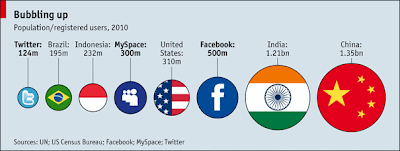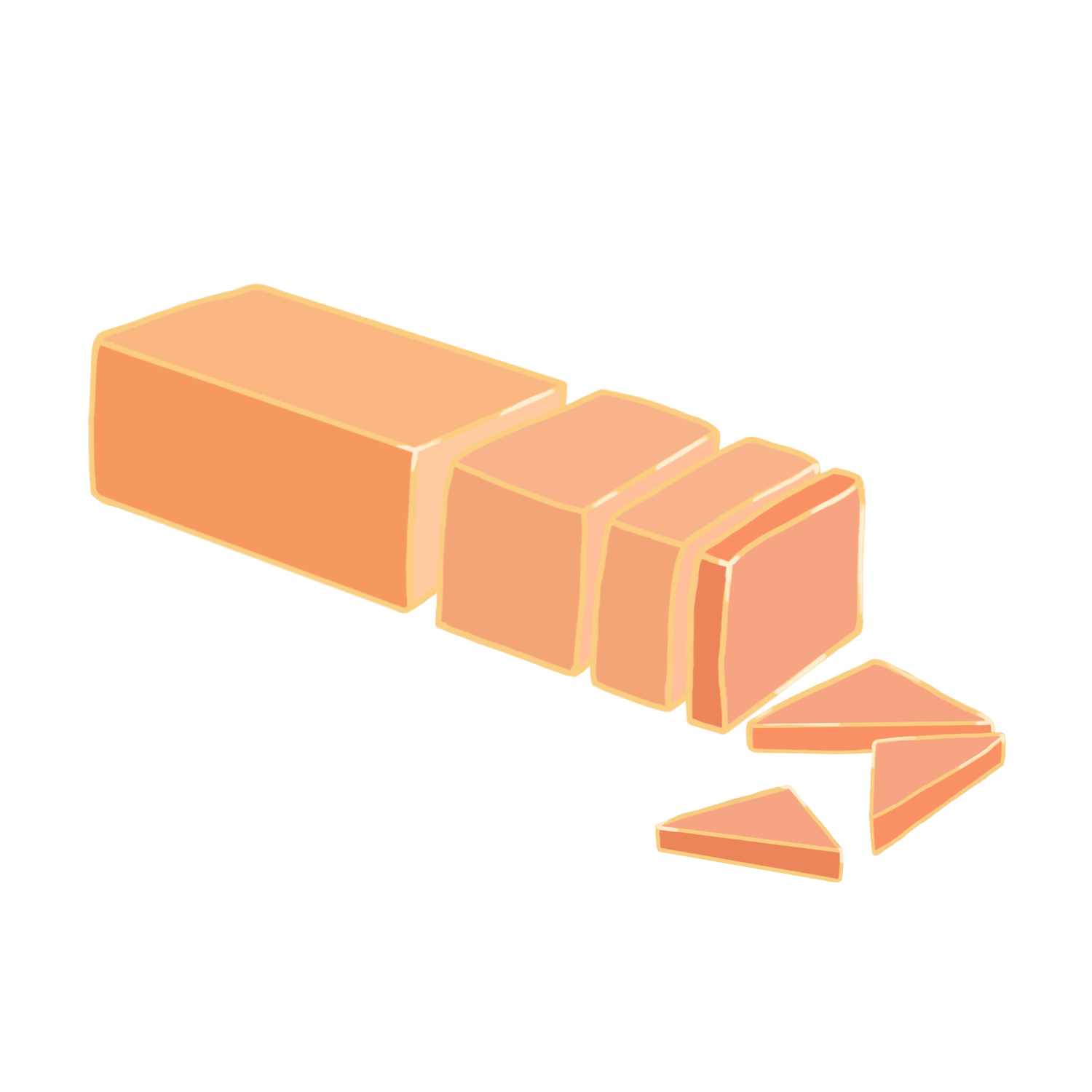The Third Largest Country is… FACEBOOK?!?

Loved this graphic for an article in The Economist titled "The Future is Another Country." The article also makes an interesting point about what makes a country:
But many web-watchers do detect country-like features in Facebook. “[It] is a device that allows people to get together and control their own destiny, much like a nation-state,” says David Post, a law professor at Temple University. If that sounds like a flattering description of Facebook’s “groups” (often rallying people with whimsical fads and aversions), then it is worth recalling a classic definition of the modern nation-state. As Benedict Anderson, a political scientist, put it, such polities are “imagined communities” in which each person feels a bond with millions of anonymous fellow-citizens. In centuries past, people looked up to kings or bishops; but in an age of mass literacy and printing in vernacular languages, so Mr Anderson argued, horizontal ties matter more.
